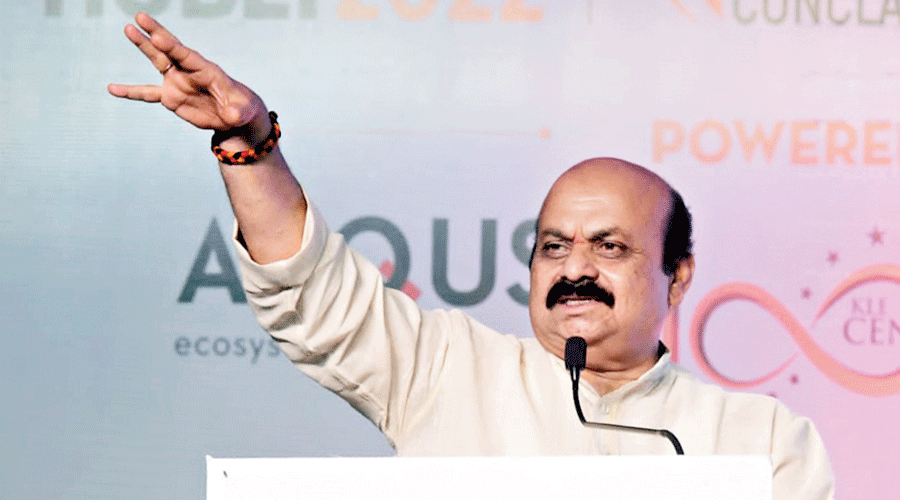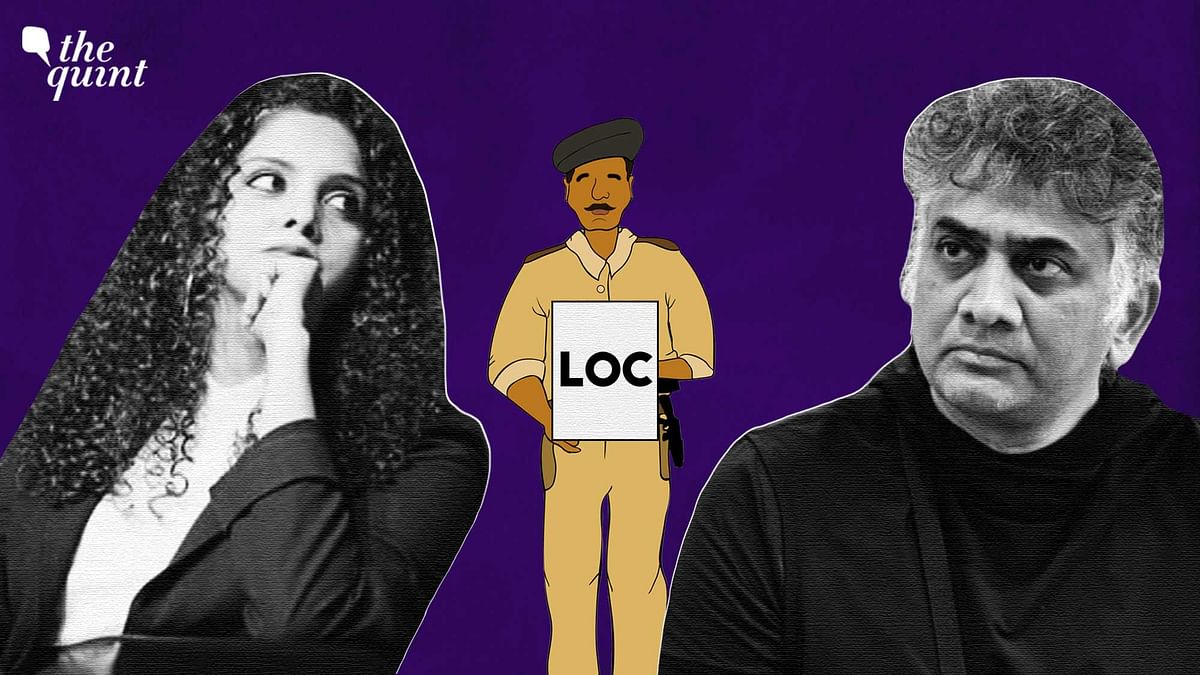
Several new instances of hate-related violence lash across India, from Delhi to Rajasthan to Karnataka. How deep does this run, and will 'sanctions' from big-tech help keep things in control?
At TypeRight, the repeated chapters and coverage on the issue of hatred against minorities in India, specifically the Muslim community, is to emphasize the graveness of the situation here. And this might be rather controversial, but the need is urgent to take action.
As Asad Ashraf, Journalist for the Statesman pointed out in his tweet, the definition of a genocide is clearly defined by the UN. As per the UN's Convention on the Prevention and Punishment of the Crime of Genocide, Article II:
In the present Convention, genocide means any of the following acts committed with intent to destroy, in whole or in part, a national, ethnical, racial or religious group, as such:
Killing members of the group;
Causing serious bodily or mental harm to members of the group;
Deliberately inflicting on the group conditions of life calculated to bring about its physical destruction in whole or in part;
Imposing measures intended to prevent births within the group;
Forcibly transferring children of the group to another group.
If you think this chapter is about Holocaust Remembrance, not really- that was January 27th. But these following tweets are reports of events from our country in the past one week [trigger warnings for most of the following article for mentions of rape, murder and violence]:
Almost a week later, there has been no response from the authorities, and no arrests. The same video, with english captions can be accessed here.
Now, scroll back up to the previously mentioned UN conventions, and see how many options you can tick off. You can take a look at our previous issues for more such examples, or follow the DOTO Database for a detailed mapping (1,341 incidents, 19,022 victims, and 251 fatalities reported).
This, meanwhile, is TRT's chronology of incidents in Karnataka, the latest hotspot for hate crimes in the country, as the state faces elections in a year:
After being flagged by the World Genocide Watch, the issue has now also been raised in the US Congress. This is not an endorsement of their government's actions, but rather a reminder that the world is watching.
Now, while this is happening, Karnataka, or Bangalore in particular, is home to at least 67,000 IT companies and startups.
So far, the bigger corporates might have escaped the hate-attacks, but let us not forget how the campaigns targeted two companies in particular (founded by Muslims), Himalaya and iD Fresh - both with Bangalore headquarters- for having a halal certification for their products. Of course, technically, India is one of the largest exporters of meat (and halal foods), several of which are owned by Hindus.
In Karnataka, as the previous list indicated, there have been several calls for violence. There have been mentions of halal meat being 'economic jihad' against the Hindu population, and violent calls for mob attacks on traders. And they have been responded to, as the broken cart of the watermelon seller clearly shows.
It has long since gone beyond a point where we can simply say the violence and hate is a distraction for the economy, or the rising fuel prices- this is an issue in itself to be reckoned with. But just as economic sanctions try to stop an offensive, some fears about potential impacts to the economy might hopefully push for some change. Several companies are already considering shifting their bases from India's once multicultural and cosmopolitan Silicon Valley
From the article,
Reports of IT firms wanting to shift their businesses out of Karnataka come at a time when the state is the epicentre of a number of campaigns that are fuelling communal tension, be it the hijab row, the controversy over ‘halal’ meat, the boycott of Muslims at Karnataka temple fairs and festivals, attacks on Christians, and Hindu vigilante groups assaulting inter-faith couples.
About a week ago, Kiran Mazumdar-Shaw, executive chairperson of Biocon Ltd, had also urged Karnataka Chief Minister Basavaraj Bommai to resolve the “communal exclusion” and “growing religious divide” in the state. She had said that the state’s global leadership in the ITBT (information technology and business transformation) sector was at stake.
It is not just Stalin. Telangana's KTR has also invited IT companies to Hyderabad, with a jibe that the city focuses on infrastructure, and not Halal or Hijab. Bangalore based billionaire entrepreneur and founder of Biocon, had also remarked on how the focus on divisive politics of hate will cost Bangalore its spot as a global leader in IT.
Along with Stalin, the CM of Kerala has also been on the lookout internationally for investors to the IT industry in the state, and had openly criticised the neighbouring government's stance on hate against minorities.
Not everyone is worried however. As M. Pai, of the Infosys mentions, "it is not really as big an issue for them as the media makes it out to be." As a businessman had confided in MP Shashi Tharoor,
“There is a premium placed on pleasing the government, and an even larger price-tag attached to offending the government. In our country there’s too much the government can do to you if you get on its wrong side – from unfavourable policy decisions to tax-raids and Enforcement Directorate enquiries. Much safer to say publicly what they want to hear.”
And even Ms. Mazumdar-Shaw, one of the few who publicly opened up, had soon posted a follow up message:
This is a critical juncture for everyone to counter the hatred before it engulfs lives, economies and communities. It is not sure how much we can wait for big-tech to respond, or if we should wait for corporate India to raise the alarms.
In Other News
In related news, academics who are critical of the government are being harassed:
Meanwhile, on one hand, the government is mulling a new data framework-
-while the CAG flags the Aadhar project for data issues:

Also, this report from the Center for Internet Societies takes a look into the caste hate speech online:
And the crisis in Sri Lanka has deepened, with food and fuel shortages, and the President set to face a no confidence motion
.jpeg)
DEF Updates
It has been twenty years of work, at DEF trying to connect the unconnected.
For World Health Day, we organised telemedicine camps across Smartpur locations:
Here is a story from Jharkhand where one of our Digital Entrepreneurs helped an old woman get her pension:
There are 1,536 entrepreneurs like her who have made it their life's work to serve those in need. They are present in 21 states, 130 districts and working at the grassroots to bring connectivity to the margins. Here is a map of their presence:
We urge our readers to stay connected, and stand up to the hate, to organise and deradicalise others, for if we don't unite and take a stand now, the future looks scary and bleak. See you next week.
























 might be?](https://sk0.blr1.cdn.digitaloceanspaces.com/sites/1394/posts/714526/dbc8de4c-5c50-411f-aba0-55cfb74a692d.jpeg)

Write a comment ...